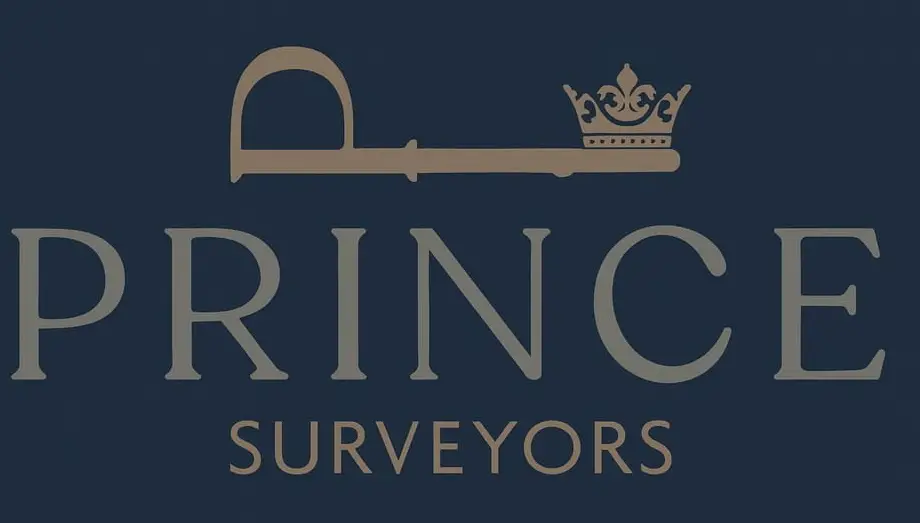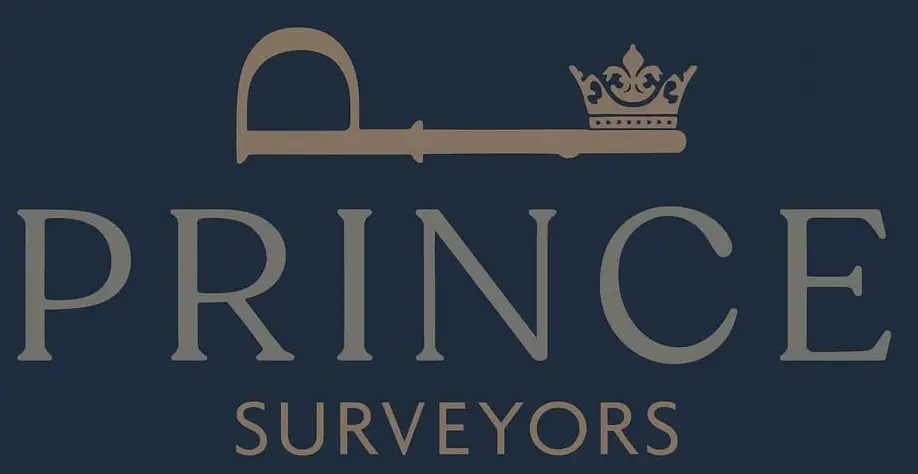Giving someone the duty of organizing your building services is a daunting task, so you’ll need to make sure you’re working with a firm that you trust and that you ask them the right questions.
So, what questions do you need to ask a structural engineer?
Let’s dig in.
What is a Structural Engineer?
Structural engineers are building consultants who are the foremost experts in regard to the structure or “frame” of a building.
They are tasked with ensuring that the structural and load-bearing components of a building and its foundations are strong and robust enough to support any forces applied to it.
They also need to identify the most practical and cost-effective solution for each client while working within their budget.
In simple terms, a Structural Engineer is a professional tasked with ensuring that buildings and structures can withstand the forces that they may be subjected to over the course of their life.
These would include fundamental structural stresses such as gravity and weight loads (dead and live) and external factors, including adverse weather conditions.
Their knowledge of maths, physics, and materials ensures that structures are safely built and meet or exceed approved guidelines and regulations set out by the Act of Parliament, such as the Building Regulations.
A Structural Engineer can provide calculations and detailed designs for your new build project or property extension. They can also identify structural issues that may be affecting your property and provide advice on the best solution to resolve the problem.
You can read more about Structural Engineers here.
Now that we’ve cleared that up let’s look at the top 5 frequently asked questions about Structural Engineers, in no particular order.
Are They Qualified?
Whatever the engineer’s level assigned to your project, all structural engineering designs are checked, signed off, and approved by a fully qualified and accredited Structural Engineer (MIStructE), before they are issued, as part of the Buildings Regulations, plus European and British Standards.
With that being said, it’s always a good idea to make sure they have experience dealing with the building you require their services for.
You can ask if they have examples of their work they can share with you. It’s worth taking a look at their website and checking out reviews and testimonials.
It’s essential to understand how much experience your structural engineer has as this will make a big difference to your project’s success.
Ask about their previous projects:
- Have they worked on a similar extension?
- Is this the first extension of this kind that they’ve done?
You can learn more about their previous projects this way and check out the results. Also, ask about project-specific experience. Engineers may have a long list of qualifications, but have they put them into practice?
Do They Have Professional Indemnity Insurance?
Any engineering professional you hire must have this insurance so that you’re covered in the unlikely event that something goes wrong with the structural design or advice they provide.
You can also ask what their cover amount is and whether they have ever had a claim.
Professional indemnity insurance is an essential type of business insurance for professionals who give advice, provide a professional service to clients, or handle other people’s data or intellectual property. It’s for situations where a client loses money because of negligent advice, services, or designs.
What Statutory Consents Do I Need?
Once your project has been given the green light from planning, your next step will be to ensure that it will meet UK building regulations when it is constructed.
The Building Regulations are governed by the Building Act 1984 and its secondary legislation; the Building Regulations 2010 and subsequent Approved Documents. These set the minimum standards of design, construction, and alteration of designated building work across England and Wales and cover all aspects of construction including components such as the structure, thermal performance, sound-proofing, drainage, ventilation fire safety, etc.
A structural engineer will be able to help you identify which Building Regulations approval, planning permission, or listed building consent your design requires to move forward.
An Experienced Design and Build Contractor or Project manager will ensure all specifications and designs meet the minimum requirements often in consultation with the Local Authority Building Control or an Approved Inspector. A structural engineer will provide calculations that demonstrate that the structural alterations are fit for purpose and can withstand the loads they are subjected to as part of the Building Control Process.
Once building work begins, the work is supervised by building control at key stages to ensure the work ‘as built’ complies with the regulations.
Does the Party Wall Act Apply to these Works?
Your project might fall under the regulations of the Party Wall Act 1996 if you are building a wall up to or connecting to the boundary with a neighbouring property, doing work to an existing party wall, or excavating near an adjacent building.
Boundary and shared walls are covered by this Act, which requires you to notify neighbours or adjoining owners of your intention to do works on your side of the wall.
It’s essential to ask your engineer if it applies to your work. They may refer you to a specialist Party Wall Surveyor.
You can find more information on our Party Wall Surveyors.
Final Word
When hiring a structural engineer, these are bound to be plenty of questions you will have to ask.
Knowing how qualified they are and what insurance they have is imperative.
You should also ask for and expect a portfolio of recently completed work and references.
Some other good questions include whether the work was delivered on time and whether the project was explained in easy-to-understand terminology.
If you have more questions, don’t hesitate to contact us here.

